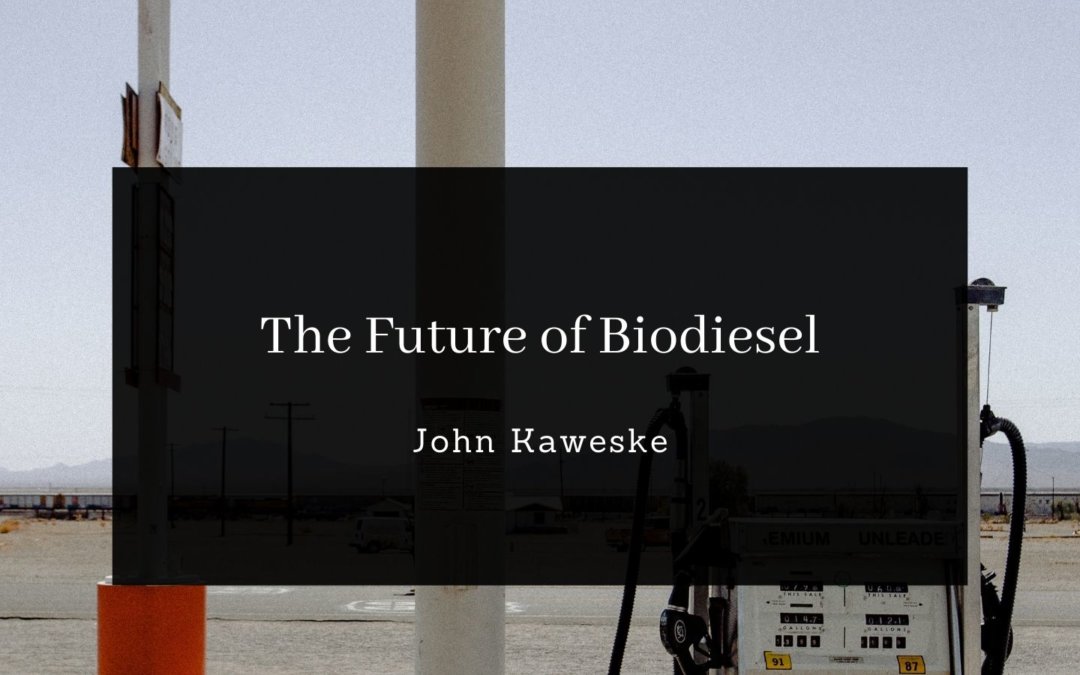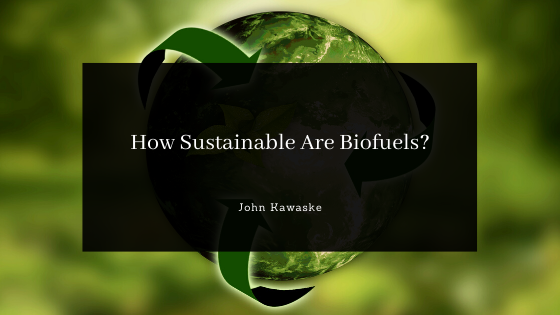 Greenhouse gas emissions that drive global warming increased by 32% from 1990 through 2016. The transportation sector generated the majority of that carbon output. That means primarily on-road vehicles. This makes over-the-road transportation a focal point of reducing...
Greenhouse gas emissions that drive global warming increased by 32% from 1990 through 2016. The transportation sector generated the majority of that carbon output. That means primarily on-road vehicles. This makes over-the-road transportation a focal point of reducing...
 As the coronavirus pandemic continues to wreak havoc on the economy, most oil refiners have discovered new alternative ways to tackle the challenge of decreasing demand for gasoline to stay afloat during these uncertain times. One such practice is producing biofuels...
As the coronavirus pandemic continues to wreak havoc on the economy, most oil refiners have discovered new alternative ways to tackle the challenge of decreasing demand for gasoline to stay afloat during these uncertain times. One such practice is producing biofuels...
 Biofuels serve as an alternative to traditional fuels like coal and petroleum. Many environmental advocates support the expanded use of biofuels as a way to reduce the use of fossil fuels. Governments and policy groups have prioritized reducing fossil fuel...
As we move further away from fossil fuel consumption and other unsustainable sources of energy, we are discovering more efficient and cost effective methods of powering the world. In no other facet of the alternative energy industry is this more prevalent than in...
Corn stover, also called stubble, is what remains on a cornfield after harvest (usually a combination of left behind stalks, leaves, and cobs.) This biomass, a broad term meaning any source of organic carbon that is renewed rapidly as part of the carbon cycle, can be...
Biofuels serve as an alternative to traditional fuels like coal and petroleum. Many environmental advocates support the expanded use of biofuels as a way to reduce the use of fossil fuels. Governments and policy groups have prioritized reducing fossil fuel...
As we move further away from fossil fuel consumption and other unsustainable sources of energy, we are discovering more efficient and cost effective methods of powering the world. In no other facet of the alternative energy industry is this more prevalent than in...
Corn stover, also called stubble, is what remains on a cornfield after harvest (usually a combination of left behind stalks, leaves, and cobs.) This biomass, a broad term meaning any source of organic carbon that is renewed rapidly as part of the carbon cycle, can be...




